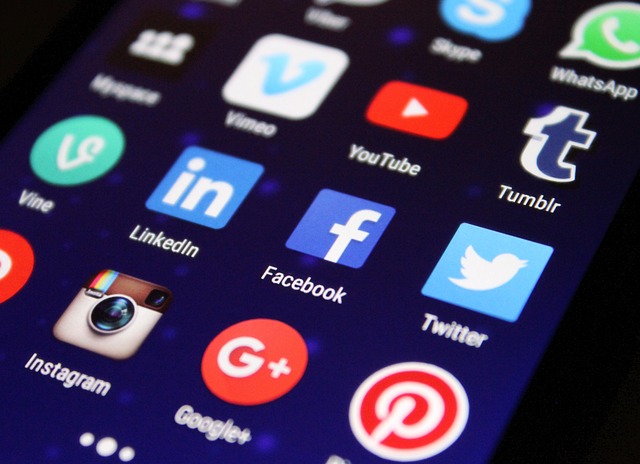In an era where social media dominates our daily interactions, it’s easy to overlook the subtle yet profound impact it has on our mental health. The risks inherent in social media extend far beyond simple addiction; they penetrate the very fabric of our emotional and psychological well-being. The allure of likes, shares, and comments can lead to addictive behaviors that not only consume our time but also shape our self-esteem and interpersonal relationships.
Imagine scrolling through a seemingly endless feed, where every post presents a highlight reel of other people’s lives. The pressure to project an image of perfection can be overwhelming. Whether it’s the curated aesthetics of an Instagram post or the relatable humor of a viral meme, social media creates a reality that often feels inaccessible. This constant comparison can breed feelings of inadequacy and isolation, leading many users down a path that neglects real-life connections for virtual validation.
Moreover, the compulsive need to check notifications can disrupt daily life and routines. The dopamine rush that accompanies the buzz of a new like can turn into a relentless cycle of craving more, leading to increased screen time and, ultimately, social isolation. This paradox of connection—not uniting with others in meaningful ways but chasing ephemeral affirmations—reveals a dark side of our digital relationships.
The impact of social media addiction also stretches into physical health, as users may experience sleep disturbances, anxiety, or depression linked to excessive use. Research indicates that individuals who engage in habitual scrolling often struggle with maintaining focus and achieving a work-life balance. The constant bombardment of information can lead to what’s known as “information overload,” which can affect cognitive functioning and decision-making skills.
As we dive deeper into understanding the risks inherent in social media, it becomes increasingly important to consider our relationship with these platforms. By being mindful of our usage patterns and setting boundaries, we can reconnect with the joys of offline life. Encouragingly, many are beginning to reclaim their time by engaging in more face-to-face interactions and participating in offline activities, which can mitigate the negative effects of social media.
Ultimately, while social media has its benefits, the risks inherent in social media addiction warrant serious reflection. It’s crucial to advocate for a balanced approach to technology, fostering genuine connections rather than allowing our lives to be dictated by the glow of a screen. By recognizing the darker side of social media, we can strive to create a healthier relationship that enhances our lives instead of diminishing them.



